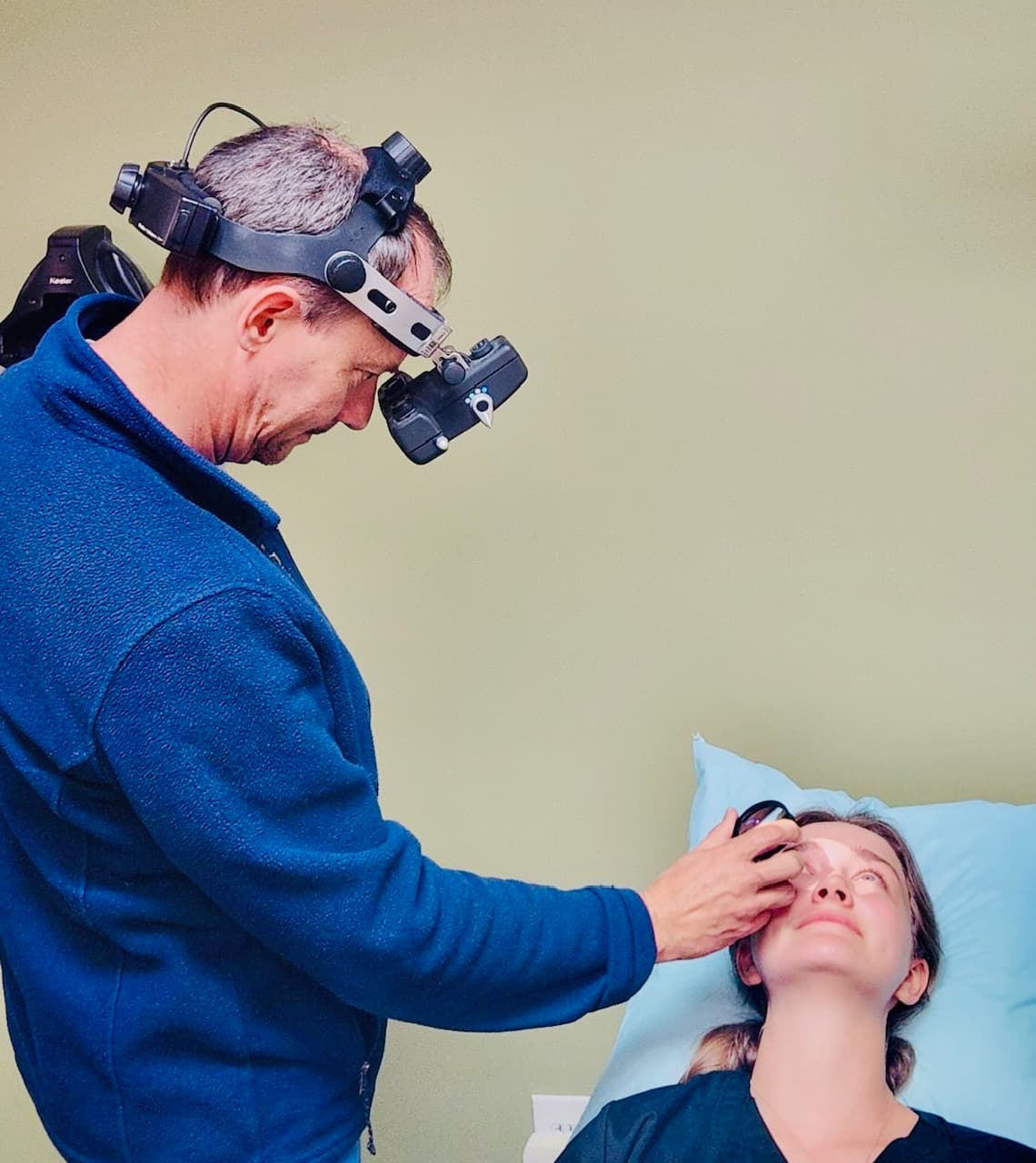
What is Central Serous Retinopathy?
Central serous retinopathy, also known as central serous chorioretinopathy, is an eye disorder that occurs when fluid builds up underneath the retina. This fluid build-up can lead to visual distortion, making it harder to see clearly.
The fluid builds up in a layer of tissue located under the retina called the choroid. The choroid is an essential part of the retina, as it supplies nutrients and oxygen to its outer layer.
It contains connective tissues and blood vessels. The layer of cells between the retina and choroid is the retinal pigment epithelium (RPE).
If the RPE can’t work as it should, fluid builds up under the retina, causing a small detachment.
Does Central Serous Retinopathy Have Any Warning Signs?
Warning signs or symptoms of central serous retinopathy may include:
Although it is more common to develop central serous retinopathy in one eye, it is possible to have it in both at the same time.
Who is Most Likely to Develop Central Serous Retinopathy?
Anyone can develop central serous retinopathy, but men in their thirties through fifties are most at risk for this eye condition. One of the most significant risk factors is being under a lot of stress, regardless of if you’re a man or a woman.
Other risk factors to watch out for with central serous retinopathy include:
If you think you may be at risk for central serous retinopathy, let your eye doctor at Georgia Retina know.
Treating Central Serous Retinopathy
If your eye doctor diagnoses you with central serous retinopathy, it may not require treatment. Many cases of this eye condition clear up after a few months without treatment.
However, your retina specialist may recommend treatment if the leakage doesn’t stop, or the liquid doesn’t go away. We have several ways of treating central serous retinopathy at Georgia Retina, including laser treatments, oral medications, and topical medications. Photodynamic therapy (PDT) with a medication called Visudyne is a cold laser treatment which can help reduce leakage of fluid that accumulated under the retina. Certain oral medications and eyedrops can be another way of helping to reduce fluid build-up in the retina due to central serous retinopathy. Your eye doctor will recommend the best treatment option based on the severity of your symptoms and the duration of the condition.
